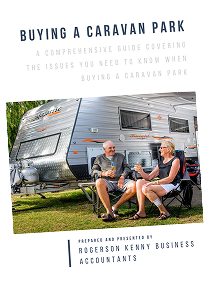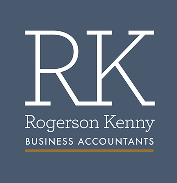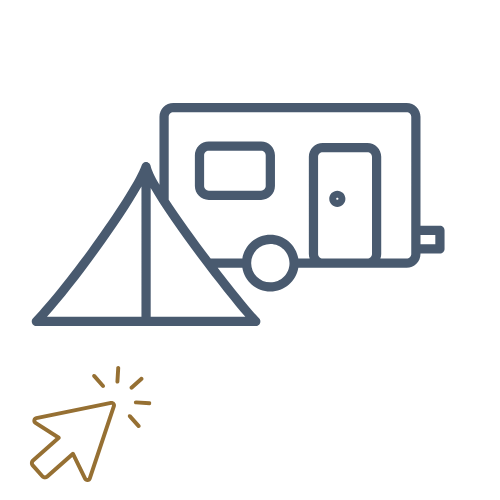Specialist Caravan Park Accountants
and Finance Solutions
Over four decades expertise in growing and supporting caravan park owners.
Is your business structure holding you back?
Whether you are looking to buy or grow, ensuring your business and lending structure is right for your specific circumstance, is crucial to success.
The right advice could be all you are missing. Our team understand your industry and are experts in finding solutions that can help drive your business forward.
Buying a Caravan Park?
Thinking about buying, running, or selling a caravan park? We’re here to make the process simpler for you. At Rogerson Kenny Business Accountants, we help caravan park owners like you navigate every step with confidence, backed by our deep industry expertise.
Get started with our Comprehensive Guide to Buying a Caravan Park – filled with expert tips and insights to help you succeed!

Buying a Caravan Park eBook
Why Specialisation Matters
The caravan park industry is unlike any other. From seasonal cash flow fluctuations to unique asset valuations, you see it all. Our dedicated team combines deep industry knowledge with financial expertise to provide you with tailored advice and effective solutions.

Let’s Talk About Your Business
Whether you’re just starting out, looking to expand or planning for retirement, we’re here to help you navigate the road ahead.
Contact us today to discuss how we can support your caravan park business with expert financial and accounting services.
Together, we’ll make your vision a reality.


